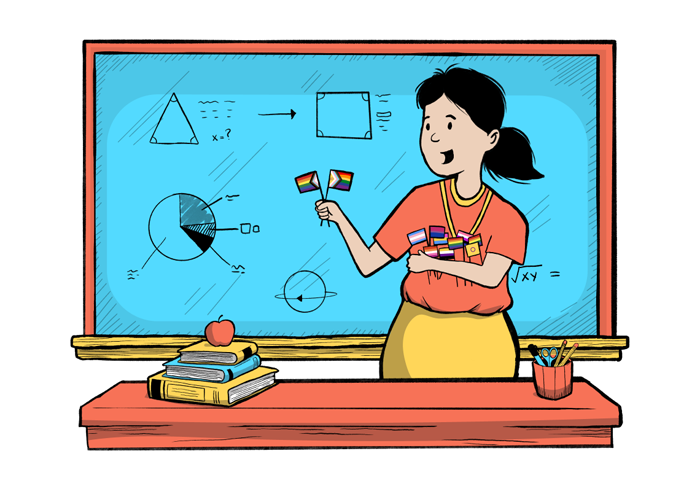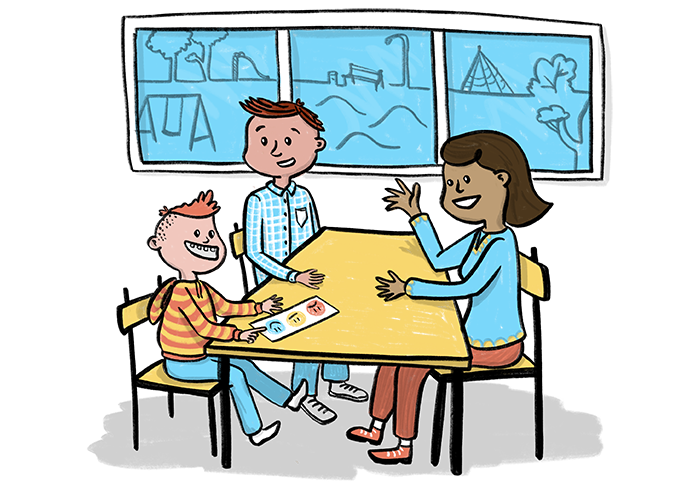Education and teaching

Reykjavík City primary schools follow the national curriculum for primary schools, with reference to the Reykjavík City Education Policy. The main objective of the Policy is for all children to grow, develop and feel happy in a democratic society that is based on human rights and respect for the diversity of human life.
Through robust school and recreation activities, children and young people gain education and experience to realize their dreams and have a positive impact on their environment and society.
Mentor
Mentor is an information system for students, parents and school staff. Guardians and students receive a Mentor password. On the family page, guardians can view their children's schedules, homework, educational assessments, attendance and more.
Lesson plans
Lesson plans describe the content and assessment methods, giving teachers, students and parents an overview of the curriculum. We send grade-level curriculum plans to parents in the fall, and they're also available in each grade's Mentor system. Older students can also access lesson plans on Google Classroom.
School homework policy
Breiðholtsskóli's policy keeps homework to a minimum for younger students, then gradually increases it as students get older and become more independent learners. Teachers assign homework well in advance. Homework assignments are posted in Mentor.
Reading practice is an important part of homework, and all students must read at home daily for at least five days each week. It's important to practice various types of reading, including speed and recitation. Discussing reading material at home helps improve vocabulary and comprehension. Parents log their child's reading at home in the LÆSIR app and get access to it through their child's Icelandic teacher.
Homework help is available at these times:
-
Mid-level - Thursdays from 2-2:40 p.m. in Room 39
-
Grades 8-10 - Mondays 2:30-3:50 p.m.

Student assessment
According to the national curriculum for primary schools, the main purpose of educational assessment is to provide students with useful feedback on their academic progress and how well they are meeting learning goals.
The goals of educational assessment are:
- To evaluate students' knowledge, skills and abilities in subject areas.
- To measure student progress and encourage learning.
- To guide students in their learning and how they can achieve their goals.
- To provide information to students, guardians, and teachers about abilities, progress, work habits, and academic standing. To inform receiving schools and school authorities as needed.
- To identify who needs special assistance.
Attendance guidelines
The school emphasizes student punctuality. All children aged 6 to 16 must attend school, and parents/guardians are responsible for their enrollment, attendance, and participation.
If attendance issues arise, parents/guardians and the school must respond. To ensure effective responses, Reykjavík's primary schools follow unified guidelines and rules.